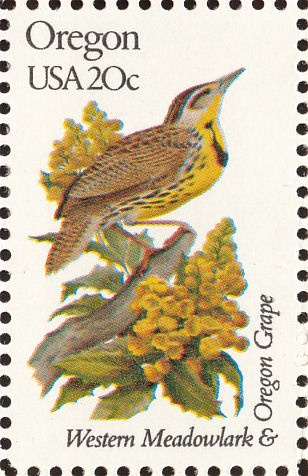For millennia, the flute-like song of the Western Meadowlark (Sturnella neglecta) signaled the beginning of spring in the Willamette Valley. But, to quote Rachel Carson, spring in the Willamette Valley now comes unheralded, and the “early mornings are strangely silent where once they were filled with the beauty of bird song.” This may seem an exaggeration for anyone lucky or unlucky enough to be woken by bird song at daybreak, a not uncommon occurrence for spring in the Valley. Nonetheless the Western Meadowlark’s unique warbling call has declined substantially. Studies vary, but there are indications that, since 1968, the Willamette Valley’s meadowlarks have been declining at 10% a year—the highest rate of decline among all grassland bird species in the Valley. One study reported a 59% decline in detections of meadowlarks between 1996 and 2008. Because of this, Western Meadowlarks have been identified as the “Species of Greatest Conservation Need” by the Oregon Department of Fish and Wildlife. Their breeding habitats are grasslands, prairies, pastures, and abandoned fields, all of which may be found from across western and central North America to northern Mexico. They mainly eat insects, although they will devour seeds and berries.
Sources:
The Corvallis Advocate, May 31st, 2012
http://www.corvallisadvocate.com/2012/a-silent-spring-for-oregons-state…
Wikipedia
http://en.wikipedia.org/wiki/Western_Meadowlark

- Login om te reageren
